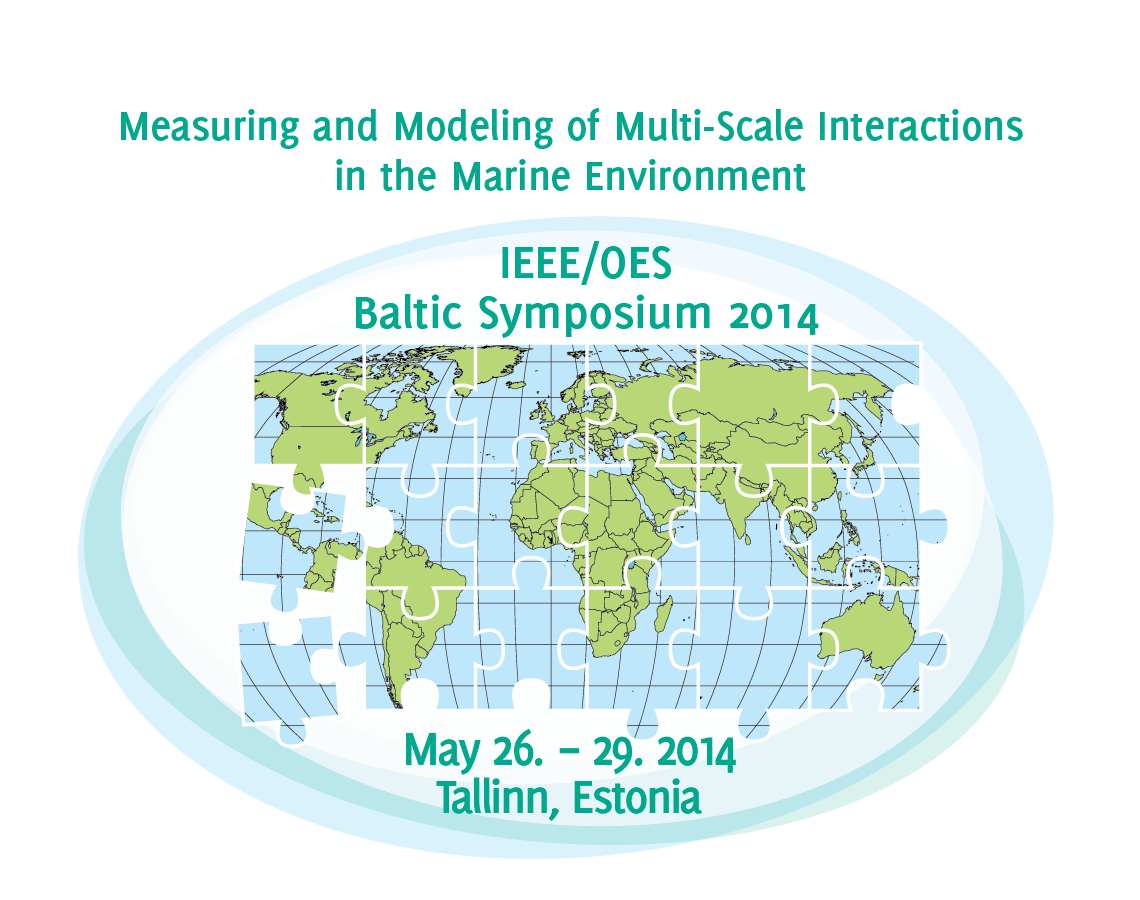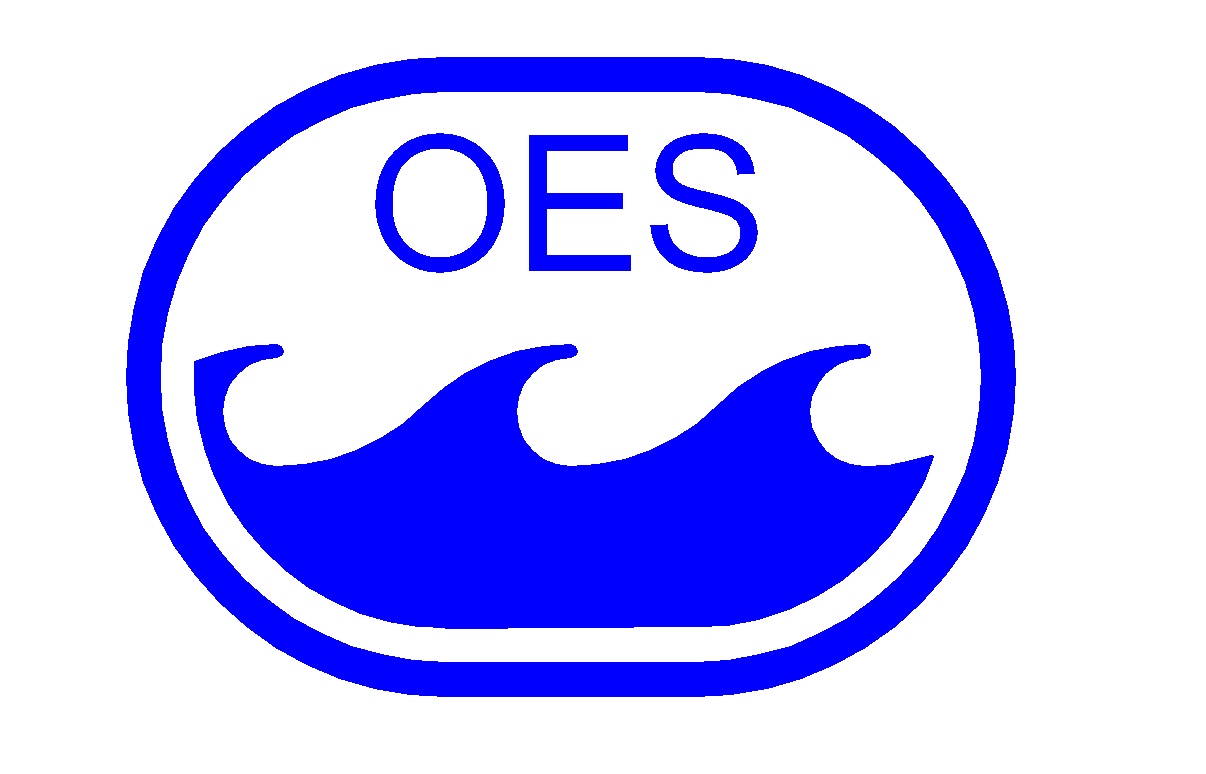Topics
• Waves and coastal processes. Papers dealing with research related to modeling (numerical and theoretical modeling) or field measurements of wind waves and coastal processes are welcomed in this session. Particular consideration will be given to papers dealing with sub-system or system scale modeling, e.g. studies on wave-current-surge interaction, wave-coast interaction etc. • Operational modeling. Session covers most recent operational oceanography developments including modeling and numerical methods, ensemble and seasonal forecasting, data assimilation techniques, real- and near-real-time observation systems, operational product quality and verification issues and also new trends in data management and operational services. • Biogeochemistry. This session will provide a forum to present analyses of the biogeochemical cycles of substances and biogeochemical signal dynamics at a wide range of temporal and spatial scales. The contributions focusing on biogeochemical submesoscale processes in the boundary layers are especially welcomed. • Climate change and sea ice. This session provides a challenge to the present studies of climate and ocean variability and its modeling, ocean–ice–atmosphere interactions and influence of the ice to the coastal zone. • Currents, water level and tides. Analysis of variability of currents and water levels characterizing the water exchange in coastal sea and with open sea is discussed in this section using multi-scale approach, based both on measurements data and modeling results. • Mixing and thermohaline processes. Session covers issues related to multi-scale density driven flows. Most welcome are studies based on numerical and laboratory simulations as well as in situ measurements. Also studies considering ocean-atmosphere interactions. Particular consideration will be given to coastal and estuarine processes. • Remote sensing of coastal dynamics and coastal ecology. The session covers issues related to process studies and exploitation of remote sensing data to describe/analyze dynamics and variability in the coastal seas. • Remote sensing of optically complex waters. Exploitation of bio-optical measurements for development, calibration and validation of remote sensing algorithms dedicated to various applications – water quality, cyanobacteria, algal blooms, bottom vegetation, etc. • Radar applications. The session covers a wide range of applications (e.g. ice, wind, waves, currents, oil spills, sea level etc.) that are based on different radar sensors - SAR, altimeters, coastal radars, scatterometers etc. • Integrated observation networks. Session is focused on the issues related to integrating oceanographic data from different types of autonomous measuring systems, remote sensing instruments and operational models. • Historical data analyses. This session will provide a forum to present analyses of multi-scale variability, trends and possible regime shifts of oceanographic, meteorological and biogeochemical historical data (measured and reconstructed). • In situ measurements. Session is focused to oceanographic measurement systems (e.g. moored systems, bottom sampling, CTD, flow-through, towed, gliders etc.) in order to capture multi-scale variability.




